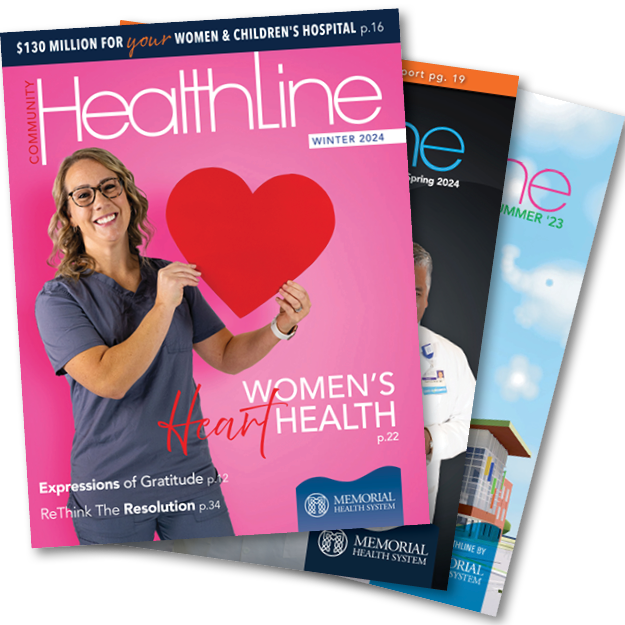Artificial tears: How to select eye drops for dry eyes
![]() January, 31st, 2025
January, 31st, 2025
Question
I have dry eyes. What should I look for when selecting artificial tears?
Summary
Not all eye drops are the same. Here’s what to consider when choosing artificial tears for dry eyes.
Answer
, Answer Section, ,
Artificial tears are eye drops used to lubricate dry eyes and help keep moisture on the outer surface of the eyes. Dry eyes can be caused by:
- Older age.
- Certain medicines, including diuretics, beta blockers, allergy medicines and sleeping pills.
- A medical condition, such as rheumatoid arthritis, Sjogren syndrome or lupus.
- Eye surgery.
- Environmental factors, such as smoky or windy conditions.
Artificial tears are available without a prescription. No single brand works best for every form of dry eyes. You may need to try several different brands before you find one that works best for you.
There are two categories of artificial tears:
- Eye drops with preservatives. This type often comes in multidose bottles and contains preservatives that discourage growth of bacteria once the bottle has been opened. The preservatives may irritate your eyes, especially if you have moderate or very dry eyes and use the eye drops often during the day.
- Preservative-free eye drops. This type has fewer additives and is generally recommended if you apply artificial tears more than four times a day, or if you have moderate or very dry eyes. Preservative-free eye drops may come in single-dose vials.
Artificial tears are also available as over-the-counter gels. These may cause temporary blurred vision due to the thicker gel solution.
If you still don’t have relief after trying different products, the next step might be to try one or more artificial tear ointments. These can temporarily cause blurred vision, so you might prefer to apply the ointment just before bedtime.
If you haven’t experienced some relief with these efforts, make an appointment with an eye doctor, such as an ophthalmologist or optometrist, who can suggest other treatments.
© 1998-2025 Mayo Foundation for Medical Education and Research (MFMER). All rights reserved. Terms of Use



